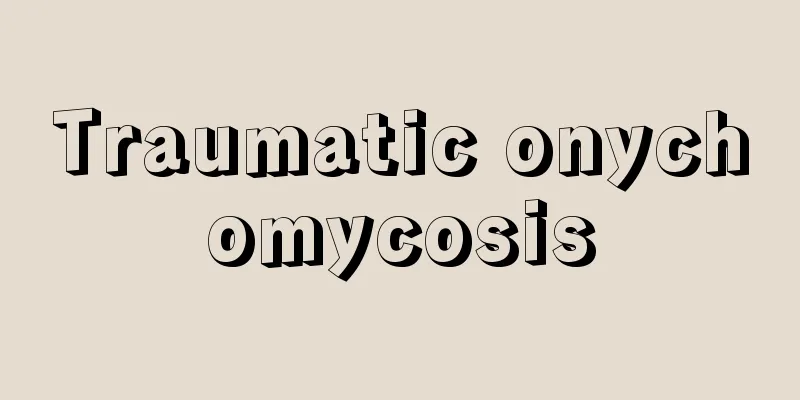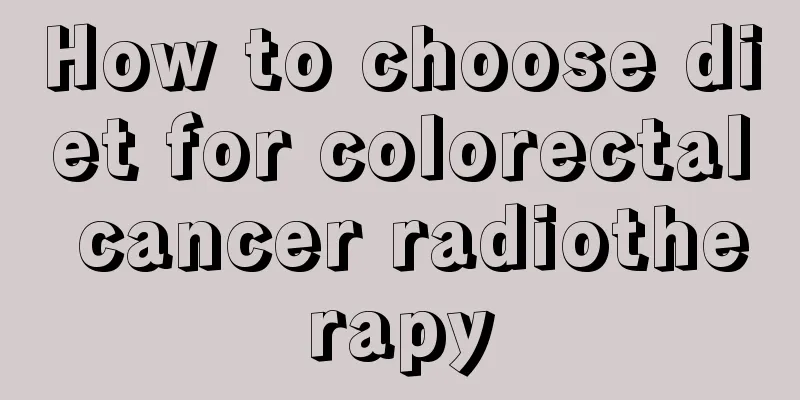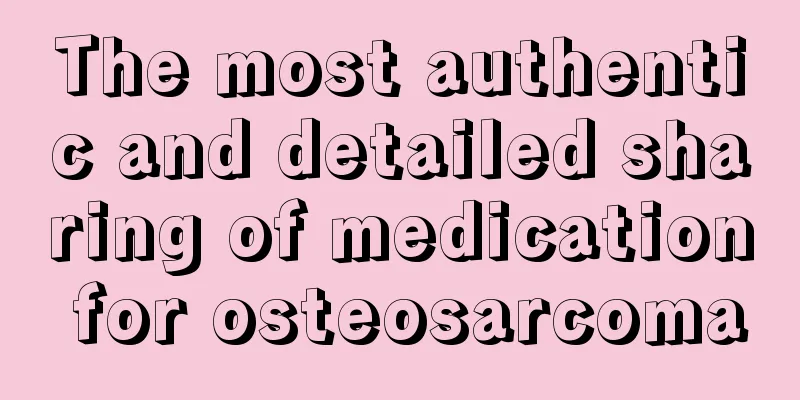Traumatic onychomycosis

|
There are many causes of onychomycosis, among which traumatic onychomycosis is also very common. If the trauma is not treated properly, it is easy to induce fungal infection and eventually cause onychomycosis. This is also a common cause of onychomycosis. When this kind of onychomycosis occurs, you must take appropriate methods to treat it, especially the use of some antifungal drugs. During the treatment of onychomycosis, you must remain patient to avoid recurrence of the disease. Traumatic onychomycosis 1. Topical Antimicrobial Drugs Topical antibiotics should be used for symptomatic treatment, and it is best to use them in a targeted manner according to the different pathogens. Generally, mild infections of the nail plate are easier to treat, while severe infections are less effective. Some topical antibiotics are difficult to penetrate the nail plate and need to be removed before they can have an antibacterial effect. Currently, there are two types of topical drugs for the treatment of onychomycosis: (1) Imidazole drugs mainly include: clotrimazole, econazole, miconazole, ketoconazole, bifonazole, sulconazole, tioconazole, clotrimazole and other imidazole drugs. (2) The main acrylamine drugs include: naftifine, trinaphthofine, cyclopirosulfide, amorolfine, etc. The more commonly used topical antifungal drugs include tioconazole, amorolfine, cyclopirosulfide, and bifonazole, which are better than other antifungal drugs or dosage forms. 2. Oral antibiotics Oral antibiotics also require targeted treatment. Some patients are suitable for taking oral antibiotics, while others are not. This must be taken seriously. Patients with onychomycosis must remember to take medication under the guidance of a doctor in a regular hospital and never take it indiscriminately. Onychomycosis has a high incidence and recurrence rate. Unlike a single bacterial infection, it is an infection of many types of fungi. It remains a difficult public health problem to overcome. So far, there are five commonly used oral drugs for the treatment of onychomycosis: griseofulvin, ketoconazole, fluconazole, itraconazole and terbinafine. 3. Surgical nail removal Onycholysis is the removal of the diseased nail plate by surgical or chemical methods. The most commonly used method is onycholysis. Onychomycosis treatment can usually be an auxiliary treatment. Generally, removing the diseased nail can shorten the course of topical antibiotics and systemic treatment of onychomycosis. If only surgical nail removal treatment is used, the cure rate is low and recurrence is easy. Warm reminder: Only after fully understanding the causative factors of this disease can we say "no" to onychomycosis fundamentally. |
<<: What are the truly effective hair growth methods
>>: How many types of onychomycosis are there
Recommend
How much does surgery for advanced pancreatic cancer cost
Pancreatic cancer is known as the "king of c...
8 major danger signs of brain cancer
Brain cancer refers to a malignant tumor that occ...
What are the symptoms before colorectal cancer?
As early as the middle of the 20th century, scien...
The desensitization injection steps need to start from these three aspects
Because of the disease, many people need desensit...
Is the mortality rate of testicular cancer high?
In recent years, the number of patients with test...
The benefits of drinking cloves soaked in water
The lilac flower that everyone is most familiar w...
Treatment of breast cancer
Breast cancer is the most common malignant tumor ...
The most scientific work and rest schedule
For many people, daily normal rest is a good way ...
What can you eat to nourish both your kidneys and your stomach?
Nowadays, many people want to nourish the kidneys...
What are the effects of anti-fatigue eye masks
Modern people encounter many physical conditions ...
How to go to the hospital to check for endometrial cancer
In our clinical medicine, each disease has its re...
The benefits of boiling water with pepper and ginger
Sichuan peppercorns and ginger are both condiment...
Detailed explanation of the causes of osteosarcoma recurrence
Many people will ask this question, that is, what...
Why do I have great skin right after waking up
People who have observed carefully will find that...
Three dietary therapies for nourishing the spleen and stomach after gastric cancer surgery
Most patients who undergo gastric cancer surgery ...









